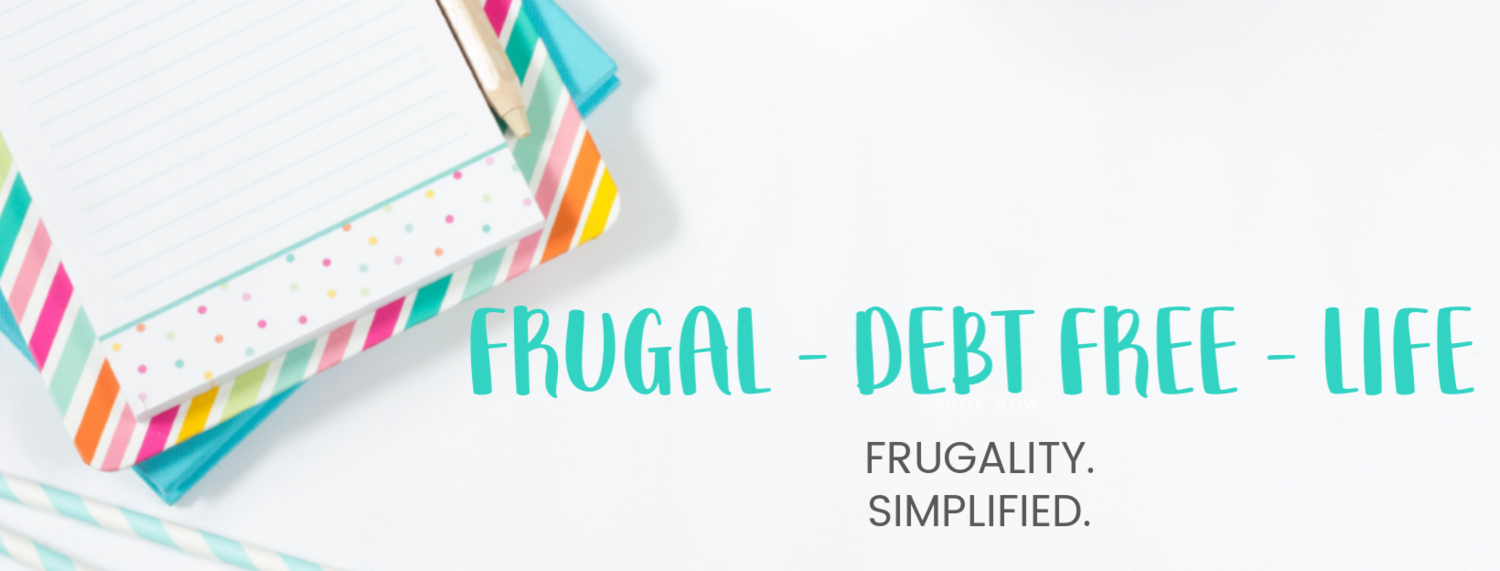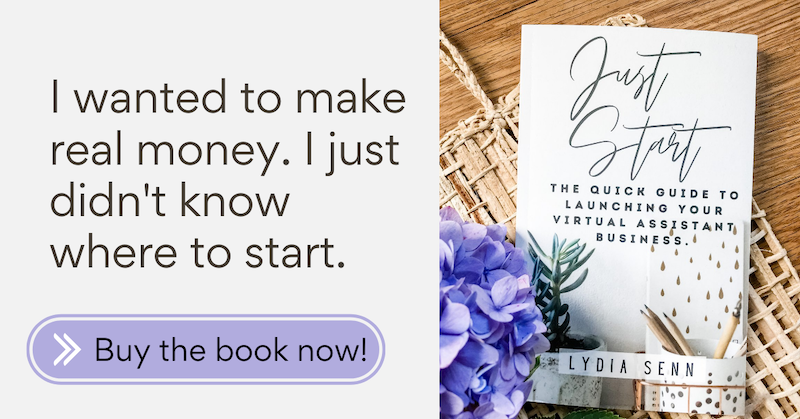21 money mistakes to stop making in 2021
/Happy New Year! I feel like we punted 2020 out the door and ran. It’s time to move on to better things, right? But before we move on why don’t we have a quick chat about all the money mistakes we’re going to STOP making in 2021.
Before we dive in a quick note. NO ONE is perfect with money. Let’s not pretend to be perfect little money angels. We have all made mistakes and will continue from time to time to make mistakes. We are human. Do your best and learn from your errors.
Money mistakes to stop making
Carrying a balance on your credit card
The average U.S. household has $15,355 credit card debt at 15% interest. (Source)
Say you're paying 2% or $300 as your minimum; it would take you almost 7 years to pay off that debt and you would end up paying over $9,000 in interest. So that $15,000 you borrowed costs you $24,000 to repay. Furthermore, almost half of that total is interests. Paying off your cards in total every month will save you thousands of dollars.
Not using a high yield savings account
A HYS isn’t what it was a year ago. Mine fell from 2% to .6 %. But that is still better than the .01 my bank gives me. Keeping your emergency fund in a HYS account means you will get more interest on your money. (I do not recommend investing your emergency fund. It’s for emergencies and you need to be liquid.)
Not saving money for retirement
Did you know that women invest 40% less over their lifetime than men? But did you also know that when they do invest there is a higher rate of return? (source)
Some people think it is because women are more risk-averse. And maybe that is true. But do you know what another big risk is, besides investing, not having any money to retire and being dependent on someone else to take care of you?
I find this all very interesting. But regardless- MORE WOMEN NEED TO INVEST MORE MONEY.
Read: How much do you need to save for retirement?
Buying single stocks
It’s fun to buy some stocks and track them. But single stocks are not the key to wealth building.
Copying what other investors do.
You’re a different person with different goals. Don’t spend too much time thinking about what others are doing.
Ignoring your taxes
Taxes are your biggest annual expense. What are you doing to make sure you are taking advantage of programs that lower your taxable income.
Not taking advantage of retirement
This lowers your taxable income (like a 401k through your employer. Or a solo 401k if you’re self-employed)
Not having a health savings account
Again, an HSA will lower your taxable income. You save this money pretax to be used on healthcare-related expenses.
According to Investopedia: “A Health Savings Account, or HSA, is a savings account with a unique triple tax benefit. Contributions reduce taxable income, their growth within the account is tax-free, and qualified withdrawals (that is, ones used for medical expenses) are also tax-free.”
Not investing to the match on your 401k
I don’t care what any financial guru tells you. Even if you’re in debt, not matching your companies 401k is like burning money in your front yard. It is you literally telling your boss you do not want part of your salary and benefits.
You have no life insurance
It’s not fun to talk about, but you need life insurance. If something happened to you who would take care of your family?
Having no emergency fund
It’s like a safety net if you fall off your tight rope. Most Americans don’t have enough money to cover a $500 emergency. This is tragic. Arm yourself.
Four steps for building up your emergency fund fast
You are over-insured on your car
Many people complain about paying too much for insurance when it turns out that they have purchased more insurance than they need. Make sure you don’t have policies that cover duplicate categories. For instance, if you have AAA membership, you don’t need to purchase towing insurance
You have too many memberships
You didn’t cancel cable just to pay $80 on various streaming platforms. Pick 2. Cancel the rest.
Having more house than you can afford
I’ve made a lot of money mistakes in my life. And I have been on the end where I had more house than I needed or could afford (the property taxes is what did us in). When we bought this time we bought way less house than we were approved for.
Only having one income source
I know it’s exhausting. But having a small income source you can fall back on has been a huge lifesaver for us. Think of some things (large or small) you could do to bring in a little more income.
Using a budgeting style that doesn’t work for you.
If you’re struggling with making or sticking to a budget a weekly budget might be the things for you.
A weekly budget might be the very thing that turns things around for you and gets you on the frugal bandwagon.
A budget is a great tool in your arsenal for getting out of debt, putting money into retirement, funding goals, and creating a lifestyle that you want. But a monthly budget might be overwhelming and it’s okay to admit that. It’s okay to take a step back and admit your frustrations.
There is NO WRONG WAY to budget. I’ve personally found that it is easier to commit to something for seven days than for a whole month.
Not allowing yourself to enjoy some of your money
You worked hard. It’s okay to spend money just because you want to.
On the other side of that coin- spending like you never want to retire
Not tracking your spending
Whether it’s an app or pen and paper, just track your spending.
Not protecting your identity
Identity theft can cost you a LOT of money. Doing simple things like changing up your passwords, or seeing if your insurance offers id theft protection goes a long way.
FINALLY, Taking shame-filled money advice
If you’re listening to advice that makes you feel bad, if you’re listening to voices that make you feel SHAMED because you spend or calls your dumb because you had to take out debt for whatever reason, it’s time to stop listening to those voices.

















